Selling a restaurant? What does the buyer pay for?
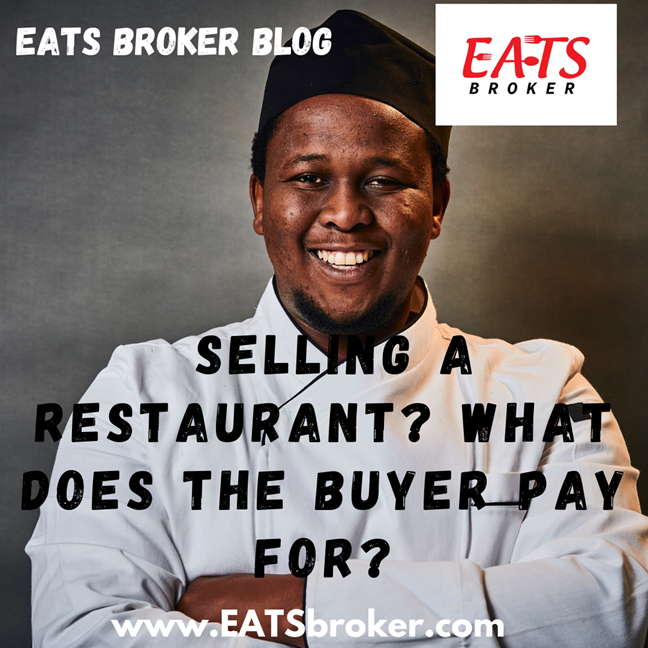
When selling a restaurant, most sellers don’t know what the buyer pays for at the closing table besides the listing price. Outside of the listing price, several additional fees should be negotiated upfront between the buyer and restaurant seller. Restaurant Business Brokers are trained to know the typical components of the fees associated with selling […]
Thinking about selling a restaurant

When restaurant owners are thinking about selling a restaurant, it’s essential to approach the process thoughtfully and strategically. Every Restaurant owner has a different story about why they want to sell a restaurant, but some things are expected. The restaurant business broker at EATS Broker provides steps to consider when thinking about selling your restaurant: […]
How to Grade a Restaurant for Sale
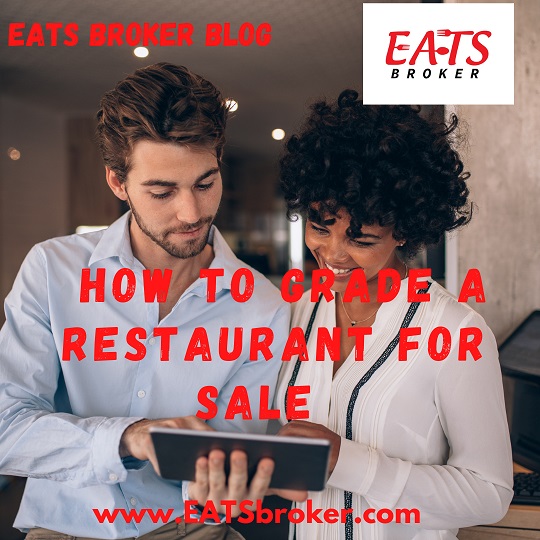
How to grade a restaurant for sale is a good question for a restaurant owner. Since Pre-K, most have been taught to judge performance by our grades. Office Buildings in Commercial Real Estate are placed in one of three categories: class A, class B, or Class C. A building rating is a national benchmark. Each […]
When it’s time to sell a restaurant, do you have an Exit Strategy?
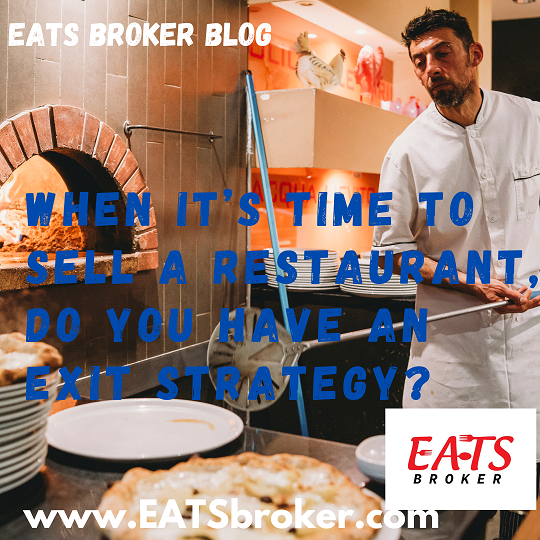
When it’s time to sell a restaurant, most restaurant owners don’t have an exit strategy. Some Restaurant Owners think they can sell their Restaurant anytime, like a residential property. The hard fact is that only about 20%-30% of restaurants listed on the market will sell. Restaurant owners with a plan when it’s time to exit, […]
EATS Broker sells a Pizza Franchise in Crawford, Georgia
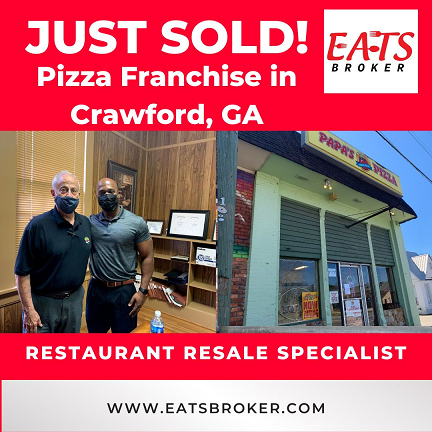
Dominique Maddox of EATS Broker sells a Pizza Franchise in Crawford, Georgia. EATS Broker represented the seller and buyer. The seller is a repeat client; he bought the restaurant in 2021 with the assistance of the Restaurant Broker at EATS Broker. The new owners bought the building and the Pizza Franchise for Sale. They plan […]
10 Ten Interesting Facts about the Restaurant Industry
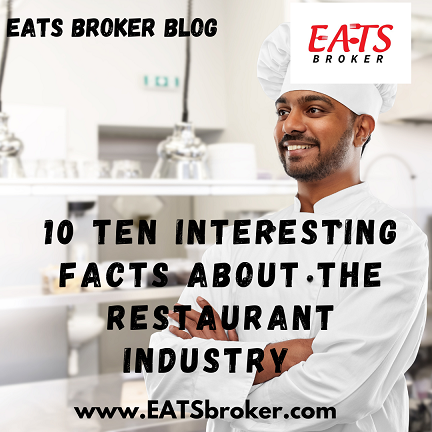
It’s easy to find interesting facts about the Restaurant Industry. The National Restaurant Association publishes a Restaurant Owner Demographics Data Brief every year. After reading the March 2022 Data Brief, the Restaurant Broker at EATS Broker picked ten interesting facts. Hawaii (64%), Texas (59%), California (58%), Georgia (55%), Maryland (54%), and the District of Columbia […]
EATS Broker sells a downtown Dallas, Texas Restaurant
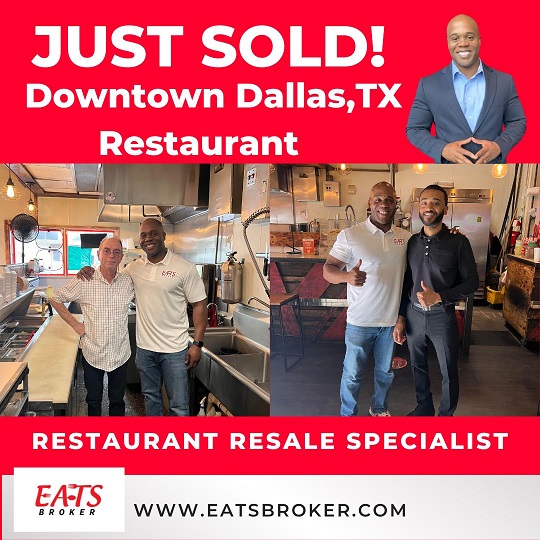
EATS Broker sells a downtown Dallas, Texas Restaurant in the Mosaic Dallas building at 300 N Akard St, Dallas, TX 75201. EATS Broker was the Intermediary for the seller and buyer for this transaction. The restaurant is in a luxury, high-rise living community in downtown Dallas, Texas. Near the Arts District, Klyde Warren Park, and […]
Challenges to Selling a non-franchise Restaurant
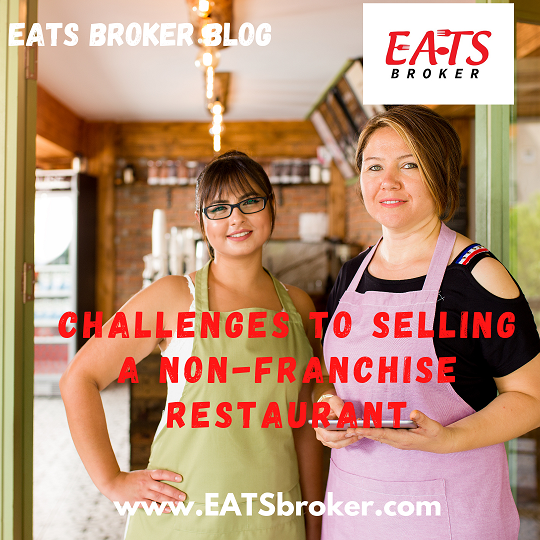
The Challenges to Selling a non-franchised restaurant differ from those selling a franchise brand. Restaurants that are Franchises are out selling independently owned restaurants for several reasons. How often have you heard someone talk about opening or owning a restaurant? For the most part, our society loves the fantasy of restaurant ownership. When it’s time […]
Buying an existing restaurant to convert to a new concept
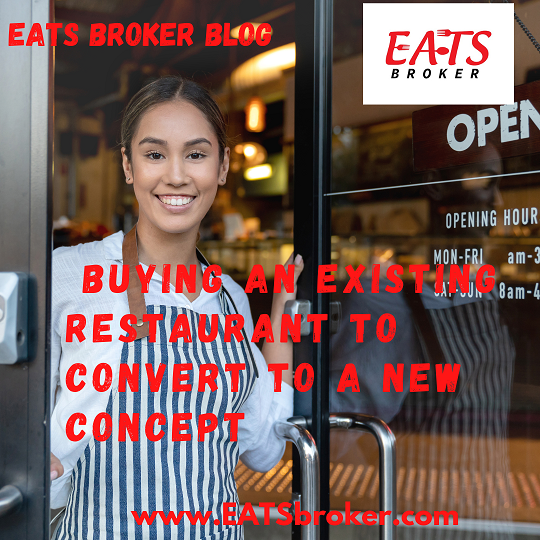
Buying an existing restaurant to convert to a new concept is an excellent way for a non-experienced restaurant owner and an experienced restaurateur to become a restaurant owner. The new buyers benefit from the hard work the current owner has experienced to build out the restaurant, open the restaurant, and maintain the restaurant. An existing […]

